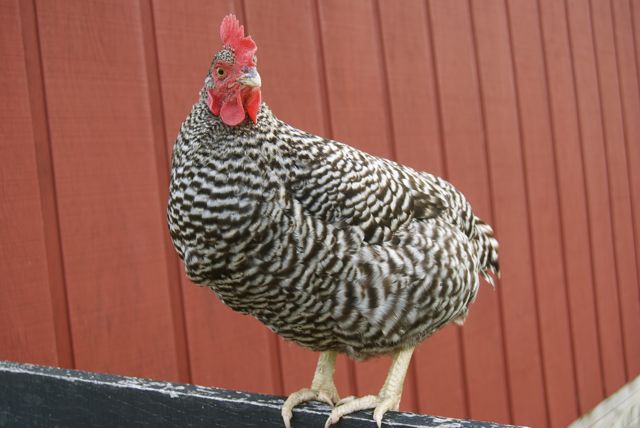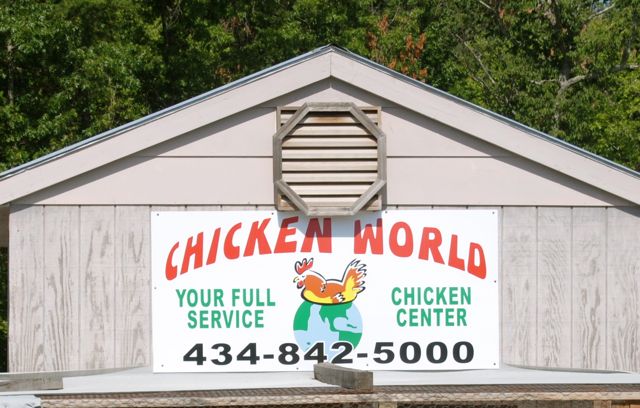Steve Snyder was worried. The Virginia small business owner had been hit hard by the recession. The owner of a construction company and a hardware store, he wrestled with how many of his 10 employees he might have to let go. Given the economy in rural central Virginia, he knew they'd have an even harder time than he would if they were laid off. Looking for something to build to keep his construction workers busy, Snyder noticed that the feed store up the road was selling dozens and dozens of newly hatched chicks. People with chickens need chicken coops, Snyder thought. After consulting some plans, he set his crews to work building them.
Snyder put one of his new coops out by the road in front of his hardware store and advertised them on Craigslist. And before long, customers started driving from two and three hours away to buy his coops. "It occurred to me that this might be an opportunity," Snyder said.
Snyder added day-old chicks to his inventory, and not just the standard one or two varieties that most feed stores sell . Black Austrlalorps, Golden Buffs, Silver-Laced Wyandotte's, Cuckoo Marans, Jersey Giants and Araucanana; 20 different breeds in all. Word quickly spread amongst backyard chicken enthusiasts and business improved.

After noticing that some would-be chicken owners left empty-handed once they learned that it would be 26 weeks until baby chicks started laying eggs, Snyder introduced older birds, hand-raised and ready to start laying.
And thus "Chicken World" was born. "I didn't anticipate that it would be an intelligent business decision to sell chickens," Snyder said. "It's the feed, the waterers, the feed troughs. The accessories, I guess you'd call 'em."

A few months in, Snyder was able to divide Chicken World's customers into three categories. The first were people who just thought the baby chicks were cute. The second were what Snyder calls "chicken enthusiasts", people who've owned chickens, showed chickens, and went to chicken trade shows and swaps. It was the third category, the serious beginners, that intrigued Snyder.
"These are people who want to live more naturally, feel a little closer to nature, to the environment. They want to know where their food is coming from."
With this discovery, Snyder's business went through another metamorphosis. After selling off some of his hardware inventory to make space, he brought in a line of all natural, preservative-free jams and jellies, a cheese counter that features 65 kinds of steroid and growth-hormone free cheese, and a small grocery store's worth of organic pantry staples. There's even a full-service deli featuring 35 low-nitrate meats.
Going green hasn't made Snyder rich. "We're still struggling. But we're still here," he said.
And so are all ten of those employees who were facing layoffs more than a year ago. They've all been integrated into Chicken World until the construction business improves.